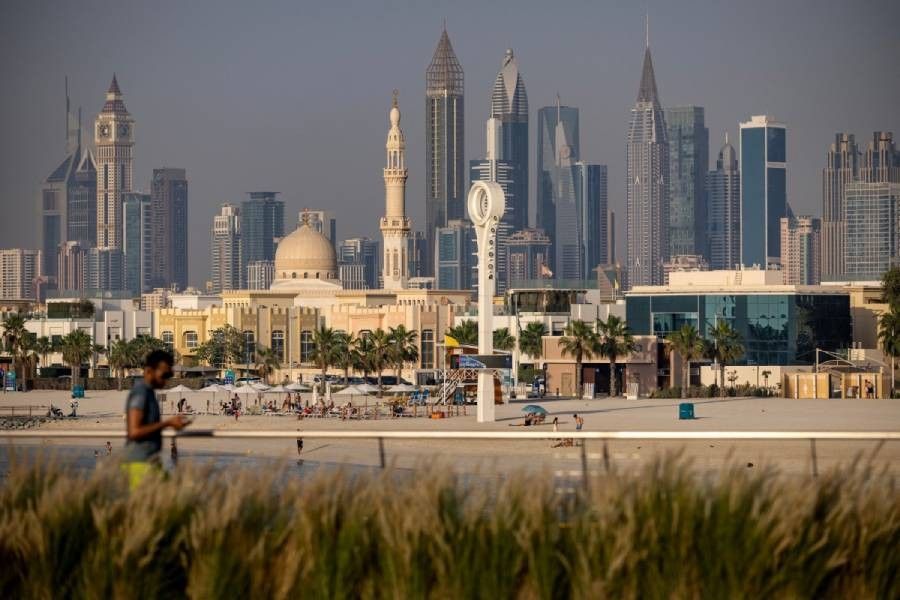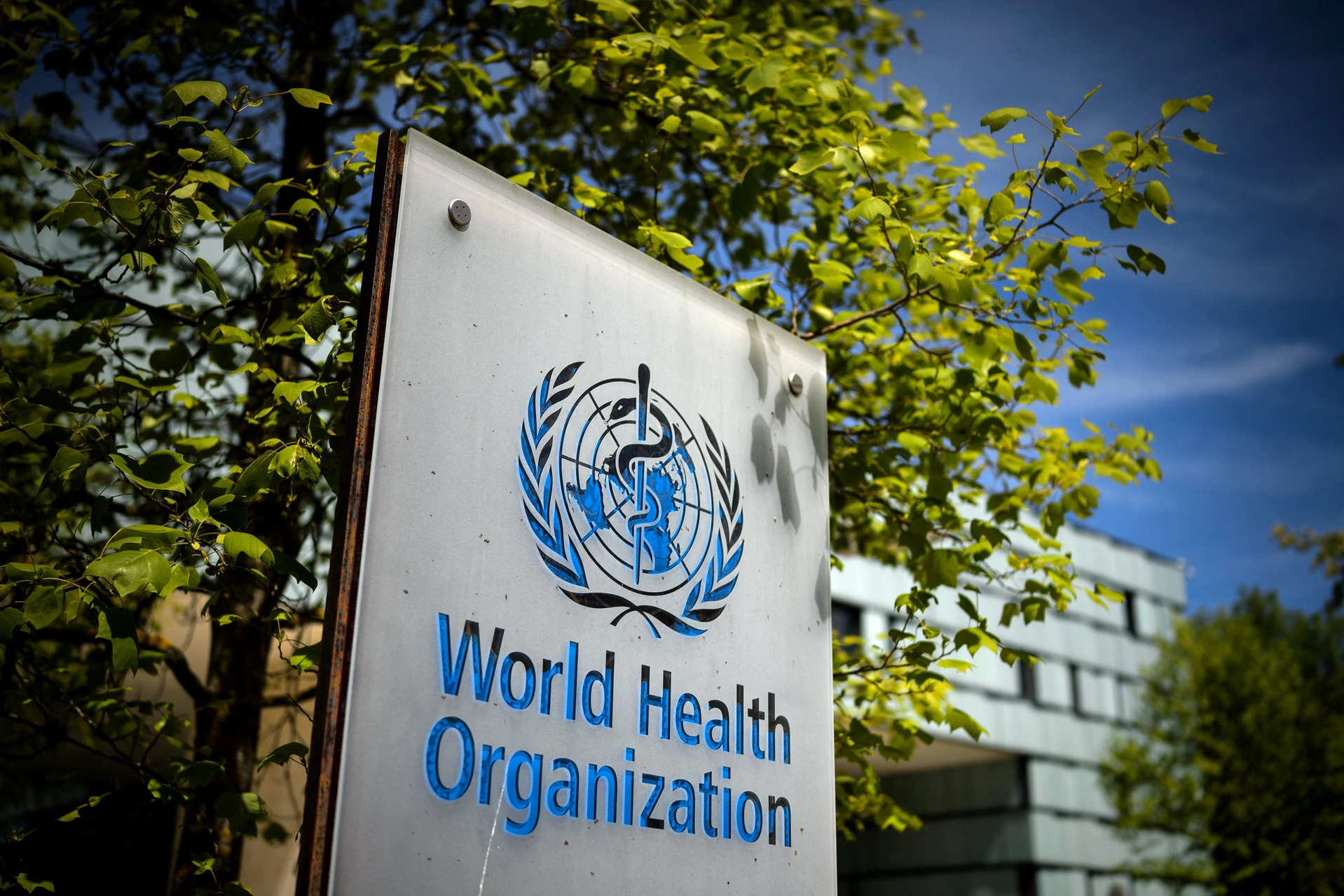The United Arab Emirates shattered its May temperature record for the second consecutive day, with temperatures soaring to 51.6 degrees Celsius on Saturday, according to the National Center of Meteorology.
The sweltering high was recorded in Sweihan, Al Ain at 1:45 p.m. local time, surpassing Friday’s record of 50.4°C in the Abu Dhabi area. Both temperatures exceeded the previous May record of 50.2°C set in 2009.
The UAE, located in one of the world’s hottest regions, is increasingly feeling the effects of climate change. Scientists say such recurring heatwaves are a hallmark of global warming and are becoming more frequent, prolonged, and intense.
Globally, the number of extremely hot days has nearly doubled over the past 30 years. A 2022 Greenpeace report warned that the Middle East is particularly vulnerable, facing heightened risks of extreme heat, water shortages, and food insecurity. The region is warming nearly twice as fast as the global average.
Officials continue to urge caution during peak heat hours and emphasize the need for long-term climate adaptation strategies.
The sweltering high was recorded in Sweihan, Al Ain at 1:45 p.m. local time, surpassing Friday’s record of 50.4°C in the Abu Dhabi area. Both temperatures exceeded the previous May record of 50.2°C set in 2009.
The UAE, located in one of the world’s hottest regions, is increasingly feeling the effects of climate change. Scientists say such recurring heatwaves are a hallmark of global warming and are becoming more frequent, prolonged, and intense.
Globally, the number of extremely hot days has nearly doubled over the past 30 years. A 2022 Greenpeace report warned that the Middle East is particularly vulnerable, facing heightened risks of extreme heat, water shortages, and food insecurity. The region is warming nearly twice as fast as the global average.
Officials continue to urge caution during peak heat hours and emphasize the need for long-term climate adaptation strategies.















